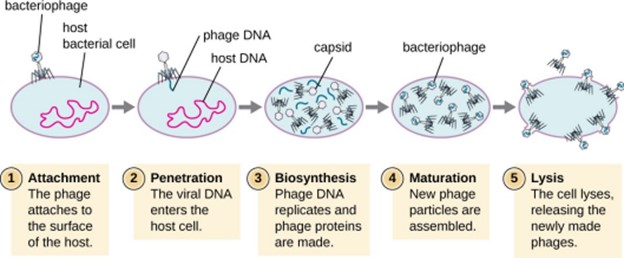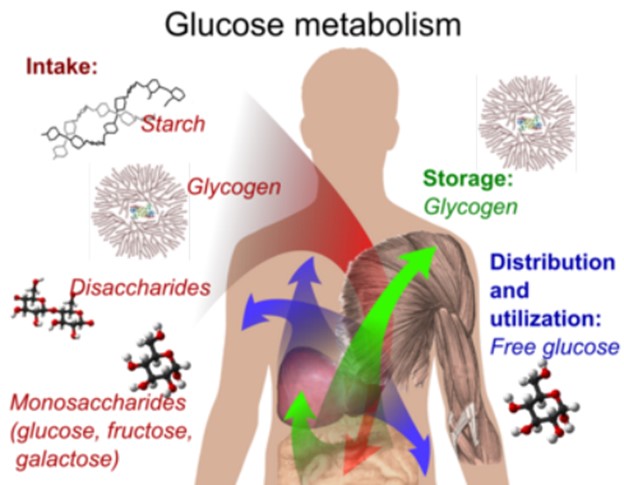What is the relationship between viruses and their host cells during replication?
Viruses use the host’s replication processes to produce progeny virus particles.
Viruses divide inside the host cell to produce progeny virus particles.
Viruses have their own replication processes and do not need the host cell.
Viruses infect the host cell and destroy it completely.
The Correct Answer is A
Viruses use the host’s replication processes to produce progeny virus particles.
Viruses are obligate intracellular parasites, meaning that they require a host cell to replicate.
They hijack the host cell’s machinery to produce new virus particles.

Choice B is incorrect because viruses do not divide inside the host cell.
Instead, they use the host cell’s machinery to produce new virus particles.
Choice C is incorrect because viruses do not have their own replication processes and rely on the host cell for replication.
Choice D is incorrect because while some viruses may destroy the host cell during replication, this is not always the case and is not the primary relationship between viruses and their host cells during replication.
Nursing Test Bank
Naxlex Comprehensive Predictor Exams
Related Questions
Correct Answer is A
Explanation
The terminal velocity of an object falling through a fluid is affected by several factors, including its mass and shape.
Objects with large surface areas will often experience a large amount of air resistance when they move.
Choice B is incorrect because the volume of the object does not affect its terminal velocity.
Choice C is incorrect because the acceleration and momentum of the object do not affect its terminal velocity.
Choice D is incorrect because the height and distance of the fall do not affect the terminal velocity of a falling object.
Correct Answer is B
Explanation
Glycogen is the storage form of glucose in the human body.
It is a polysaccharide that is stored primarily in the liver and muscle tissue and can be broken down into glucose when the body needs energy.

Choice A is incorrect because starch is a storage form of glucose in plants, not in the human body.
Choice C is incorrect because fructose is a simple sugar, not a storage form of glucose.
Choice D is incorrect because cellulose is a structural carbohydrate found in plant cell walls, not a storage form of glucose in the human body.
Whether you are a student looking to ace your exams or a practicing nurse seeking to enhance your expertise , our nursing education contents will empower you with the confidence and competence to make a difference in the lives of patients and become a respected leader in the healthcare field.
Visit Naxlex, invest in your future and unlock endless possibilities with our unparalleled nursing education contents today
Report Wrong Answer on the Current Question
Do you disagree with the answer? If yes, what is your expected answer? Explain.
Kindly be descriptive with the issue you are facing.
